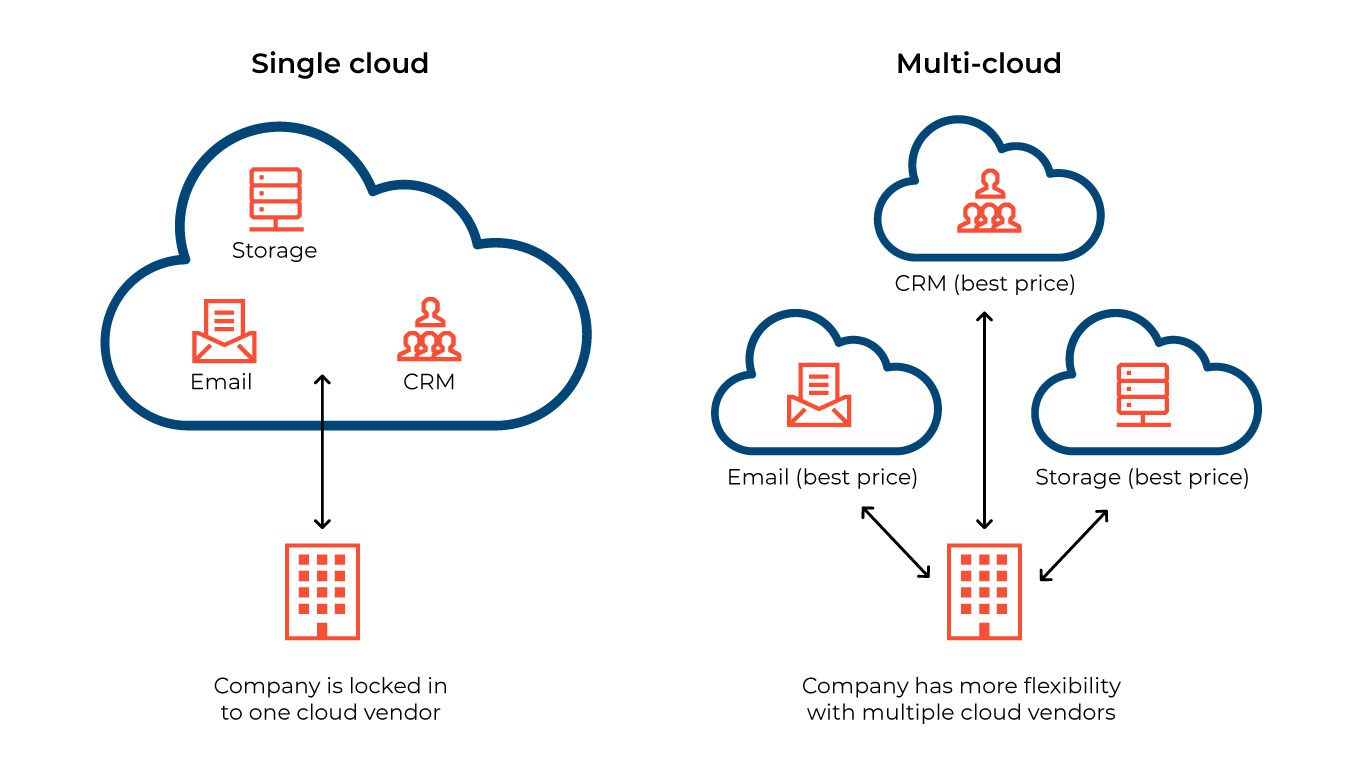Managed Service Providers (MSPs) are revolutionizing the IT landscape, offering businesses scalable, cost-effective solutions that allow them to focus on core objectives while leveraging cutting-edge technology. As reported by TechTarget, MSPs remotely manage a customer’s IT infrastructure and end-user systems, providing expertise and continuous support that is reshaping how companies approach their technological needs and strategic growth.
Leveraging AI and Automation for Proactive IT Management
Managed Service Providers (MSPs) are leveraging artificial intelligence (AI) and automation to transform IT management from reactive to proactive. AI-powered systems continuously monitor IT infrastructure, detecting anomalies and potential issues before they escalate into major problems. This predictive approach allows MSPs to perform proactive maintenance, minimizing downtime and enhancing system reliability. Automation streamlines routine tasks like software updates and patch management, freeing up IT teams to focus on strategic initiatives. Additionally, AI-driven analytics provide valuable insights from vast amounts of data, enabling data-driven decision-making and optimizing operations. By harnessing these technologies, MSPs are enhancing efficiency, improving cybersecurity, and delivering superior service quality to businesses of all sizes.
Enhancing Cybersecurity with Managed Service Providers
Managed Service Providers (MSPs) play a crucial role in enhancing cybersecurity for businesses by offering comprehensive protection against evolving threats. MSPs implement advanced threat detection systems, conduct regular security audits, and ensure compliance with industry regulations. They provide proactive monitoring and management of IT infrastructure, detecting potential security threats in real-time and taking swift action to prevent or mitigate them. MSPs also offer expertise in network segmentation, incident response planning, and security posture assessments, which are essential for maintaining a robust cybersecurity framework. By partnering with MSPs, businesses can access specialized cybersecurity services, including vulnerability management, patch updates, and third-party risk management, without the need to maintain an in-house security team. This approach allows companies to benefit from scalable, up-to-date security measures while focusing on their core business operations.
The Role of MSPs in Multi-Cloud Strategy
Managed Service Providers (MSPs) play a crucial role in helping organizations navigate the complexities of multi-cloud environments. They offer expertise in integrating and managing multiple cloud platforms, ensuring seamless operations and cost optimization. MSPs provide comprehensive cloud strategy development, vendor selection, and contract negotiation services, helping businesses choose the right combination of public, private, and hybrid clouds based on their specific needs. They also assist in optimizing cloud resource allocation, enhancing security across platforms, and implementing disaster recovery strategies. By leveraging automation and orchestration tools, MSPs streamline cloud management tasks and offer 24/7 support, enabling businesses to focus on their core competencies while maximizing the benefits of multi-cloud architectures. Furthermore, MSPs help organizations avoid vendor lock-in and enhance IT infrastructure performance by selecting cloud providers based on specific criteria such as data center locations and performance standards.


